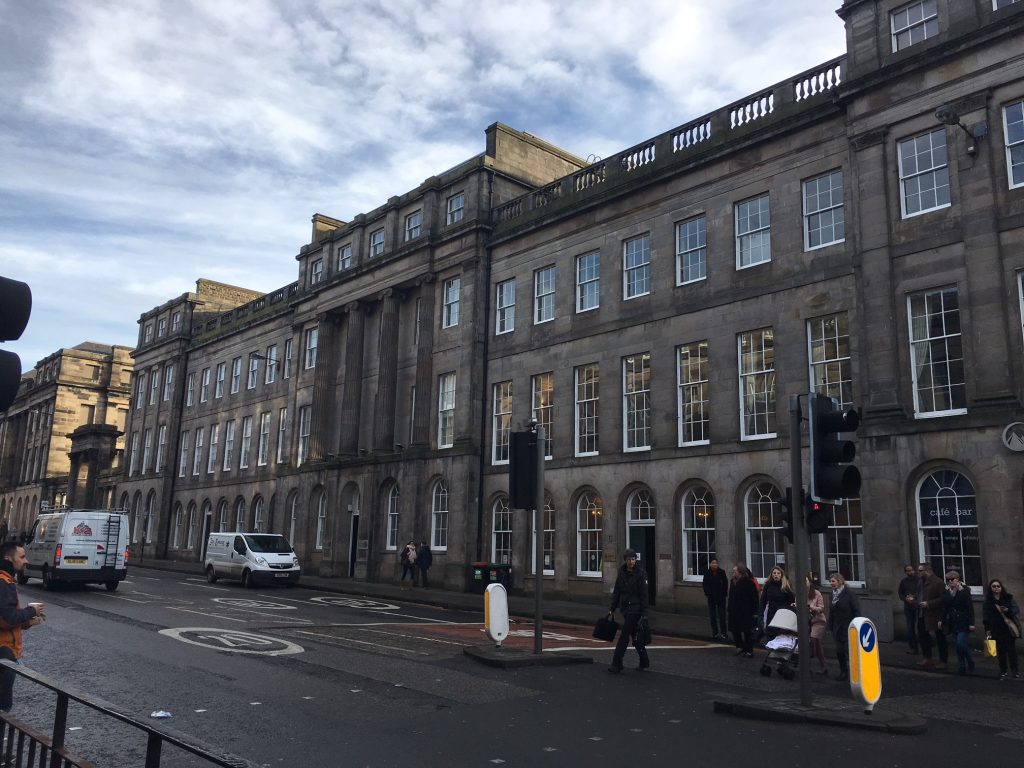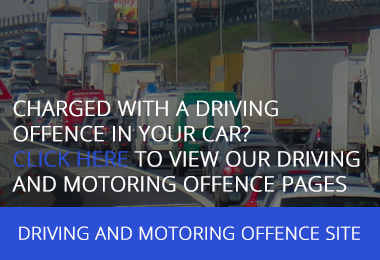How To Improve Your Chances at Traffic Commissioners’ Public Inquiry

Getting called to a Public Inquiry before the Traffic Commissioner is a frightening experience for any operator. As a worst-case scenario, the Traffic Commissioner has the power to refuse or revoke your operating licence and even to disqualify you from holding one in the future. For this reason, many Goods Vehicle and PSV operators look at Public Inquiries as something to be dreaded.
This does not have to be the case.
Here are 5 quick and easy things you can do to turn improve your chances before the Traffic Commissioner.
1) Don’t Waste Valuable Time
Usually, you will have no more than 28 days from when you receive your call-in letter, to when you have to appear before the Traffic Commissioner – DON’T WASTE IT!
In most cases the Traffic Commissioner will refuse to reschedule your Hearing without a very good reason (e.g. serious illness). Even if you do have a good reason, the Traffic Commissioner will not just take your word for it. You will be expected to supply strong evidence to support your request for a new hearing date.
2) Get Expert Legal Help
A Public Inquiry is very similar to a Court hearing. You will be sent a large file of documents in advance of the hearing. These will contain the allegations against you and the evidence to support them. At the hearing you will be expected to respond to these allegations. You will also have the opportunity to cross-examine any party whose evidence you challenge. The Traffic Commissioner will take an active role in questioning you directly about the allegations. You will be expected to present any evidence you have to support your case
It’s no surprise therefore, that many operators choose to be represented by expert Road Transport Lawyers. They can meet with you in person, help prepare your case for you, and be present to represent you at your Public Inquiry. When it comes to your business, a little expert legal help at an early stage could just be the difference between a warning , and a revocation.
Click here for more information.
3) Gather Your Evidence
It is common for an operator to be sent a list of documents that the Traffic Commissioner will want to see and discuss at your Public Inquiry. These documents vary with each Public Inquiry, but typical examples include:
– 6 months of preventative maintenance inspections for each of your vehicles
– 3 months daily defect inspections
– Evidence of your systems for checking for tachograph infringements
– Your maintenance contract
– Your forward planner
If before the hearing you are having trouble demonstrating that you have compliant systems in place, don’t despair. Your Road Transport Lawyer will be able to advise you on what you can do to get your house in order prior to your Public Inquiry.
4) Demonstrate Financial Standing
All operators must have enough finance available at all times to be able to pay for the costs that go with running a compliant business. The law on the subject is very clear:
“Traffic Commissioners must revoke a standard licence if it appears that the licence holder no longer satisfies the requirement to be of appropriate financial standing.”
Don’t panic – If you are having trouble demonstrating financial standing, you still have options. The statutory guidance on the subject is detailed and complicated. Your Road Transport Lawyer will be able to advise you as to your options .
5) Treat it as Wake-Up Call
Many otherwise law-abiding operators find themselves at Public Inquiry after taking their “eye off the ball” and letting compliance standards slip. A late maintenance inspection or an undetected drivers’ hour infringement may seem like a small matter, but if a fatal crash occurs you (as the operator) could find yourself in the dock facing manslaugher charges.
Click here for more information about the criminal offences operators can face
A Public Inquiry can be your opportunity to draw a line under past failings and get your house in order for the future. And always remember – you don’t have to go it alone, professional legal help is on hand.
For more information on any of the matters raised here, speak to one of our expert Road Transport Lawyers today.


